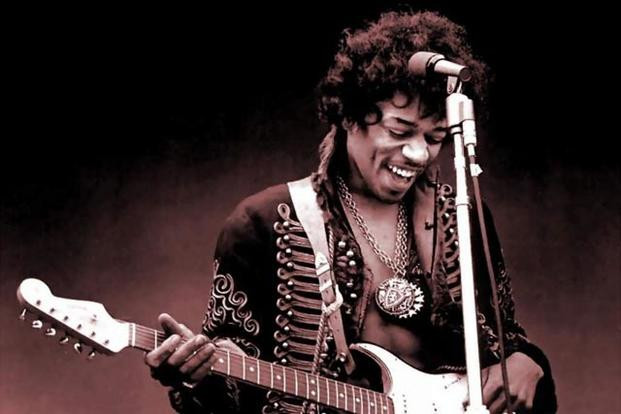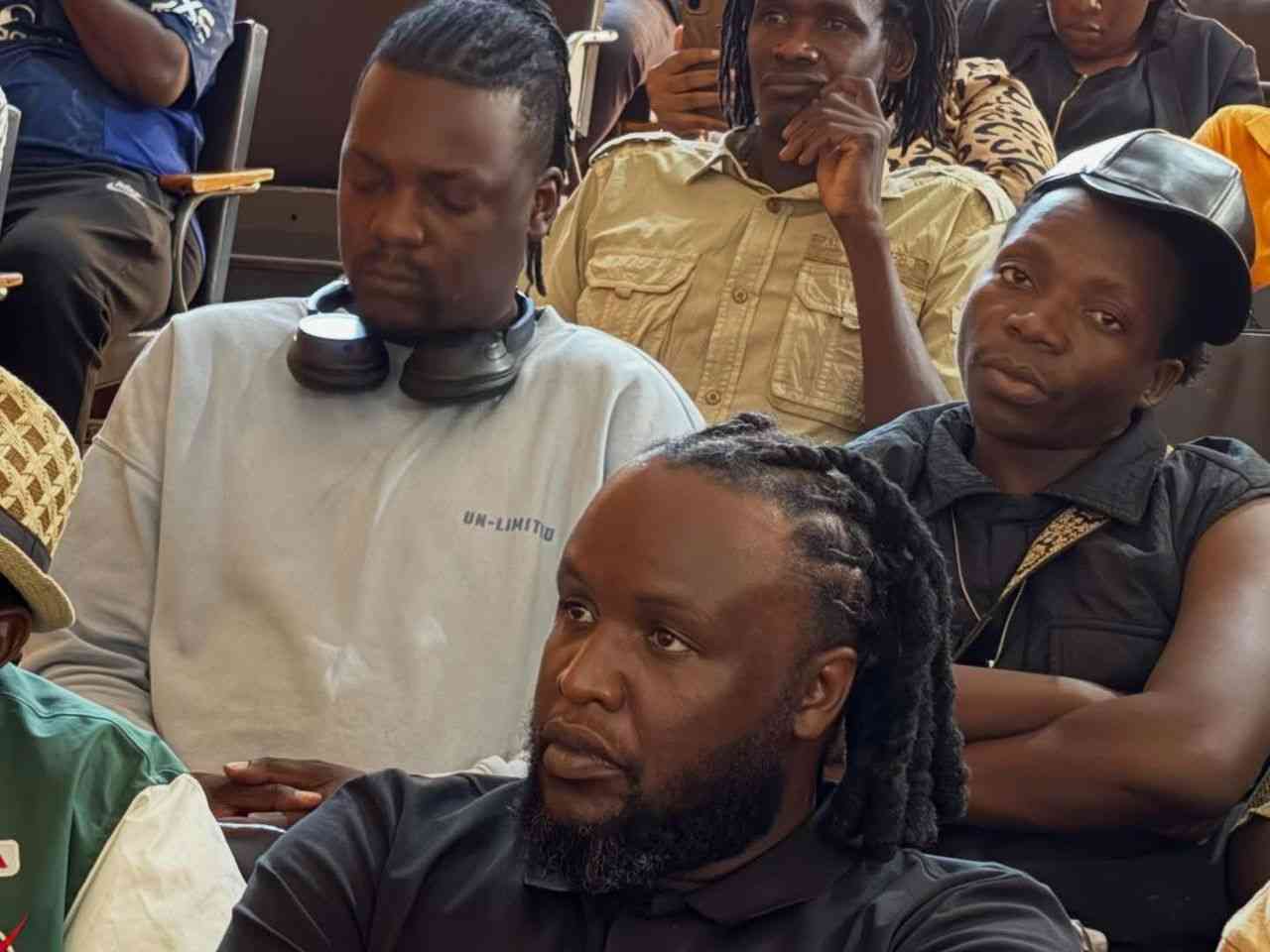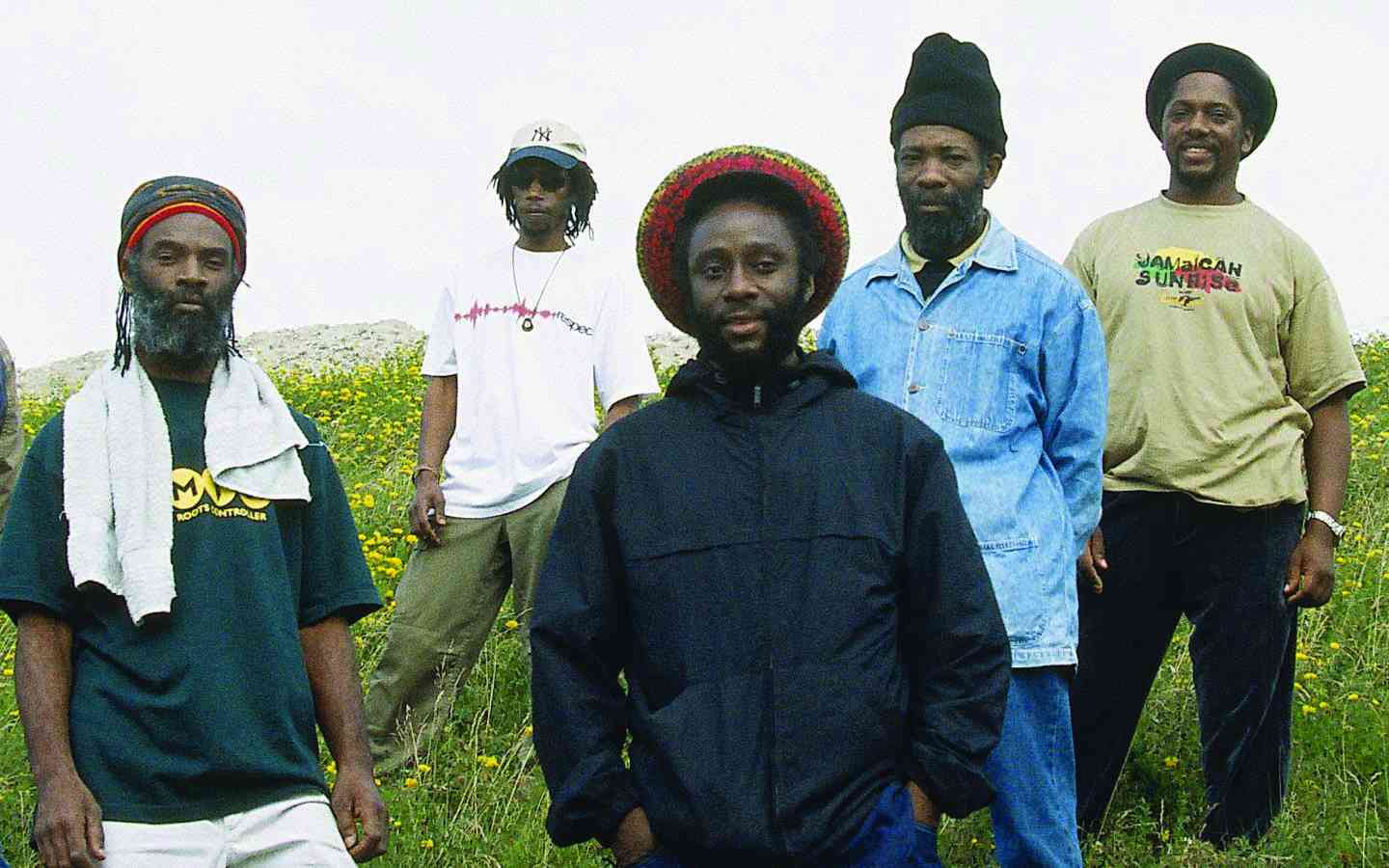
We often think about music in a positive way. Music has a lot of benefits. It brings joy and happiness. It soothes the soul. Research has shown that blood flows more easily when music is played.
Here are some of the benefits of music: It elevates mood. It reduces stress, relieves symptoms of depression, stimulates memories, manages pain, eases pain, helps people eat less and it can be used in gym classes for recreational activities, apart from many other positive uses.
However, it is not all the time that music is used in a positive way. It can also be used in a negative fashion in some cases.
Listen to this:
Two weeks ago, I went out for lunch with a friend. We sat at a table outside the restaurant so that we could talk, only to find our conversation interrupted by a car blasting Dancehall music from a set of giant speakers in its trunk.
The music itself was fine—I might’ve liked it in some other time and place—but I thought about what happens when you don’t have control over what you’re listening to. The chap who was playing the loud music was definitely enjoying himself. He did not even consider the fact that he was disturbing people in the neighbourhood.
I was annoyed and my friend was surprised at the way I reacted: ”Stupid bugger!” I said. He said to me: “Fred, I thought you loved music. What is this now?” I told him that there is time and place for everything and that this idiot was interrupting our serious conversation by blasting his music in front of us.
We were fortunate enough as security came to our rescue and asked the driver to go away. That is one negative use of music that I experienced.
- SA music industry economics unviled in report
- In the groove: How music can be torture
- Winky D up for another gong
- Out & about: Zahara on a happier note!
Keep Reading
In discussions about negative uses of music, people sometimes ask whether or not the music in question is even music. But those discussions distract from the real issue, which is how the music is being used and its effect on people.
So, that whole discussion is self-serving. It’s related to people’s notions of what music should be, and whenever you use those “shoulds,” you’re not looking at what music really is, and you’re avoiding the real issue that should be up for discussion.
Imagine you have just come from work. You are tired and you want to go to sleep, but in your house there is a bunch of your children and their friends full of energy and playing loud music.
This is when music is sometimes used for sleep deprivation — loud music keeping someone awake. The body breaks down from lack of sleep. But there are symbolic uses too. Music has been used as torture in a lot of different contexts.
A good example is when music was used in Nazi Germany’s concentration camps in the early hours of the morning to harass prisoners.
That emotional impact, that interruption of thought, can be just as destructive as a physical response like loud music hurting the eardrum and interrupting sleep. It’s a good reminder that music can be used in a lot of different ways. Because when I’ve written about these topics, I have been asked, “Do you even like music?” I find that question wild, because I would think, if you do care about music, if you do love music, you want to know all that it can do. You want to know it in full. And part of knowing it in full is recognizing all these different ways it’s used. It had different goals, including political re-education, punishment or for dictatorships to assert their power.
Music can cause pain because of its emotional and psychological functions, greatly affecting our self-identity and emotions, both of which are targeted in torture. There are times when music is more effective for torture.
Examples are situations when people of opposing political parties who have had nasty experiences with each other are forced to sing songs of the party they hate in order to avoid being persecuted by those belonging to the other party. This results in depression, serious physical illnesses and suicides because our bodies link music with our memory, meaning and emotions.
It tends to be music that has some type of resonance within the particular political and cultural situation. The types of music that are used in torture contain a strong component of degrading and humiliating people.
Music has been used as torture in a lot of different contexts. A certain parent came to me at the Zimbabwe College of Music some time ago and asked me about the advantages of learning music because his daughter kept bugging him about it.
After I told him about the benefits music brings he was still not convinced that his daughter should take part in music classes. “We will give it a try”, he said. But after three weeks, he had withdrawn his daughter from attending music classes.
I asked him why and he told me that all the women on the programme look like loose women or prostitutes on drugs. He thought that they will all die at a young age because of the influence of drugs.
He didn’t think that they came from decent homes. “I don’t want my daughter to mingle with such low-class people. Look at those Western musicians these youngsters want to emulate such Whitney Houston and Amy Winehouse. Where did they end up?”
However, depriving his daughter from the opportunity of becoming a musician was torture for her as she kept coming to me asking me to try and persuade her father to let her learn to play music.
This happens over and over, where certain words are used against women in music. There’s so much policing of behaviour and enforcement of expectations about what women can and should be allowed to do. We all consume these messages, and it affects how we think we can behave. Many Zimbabwean parents are not keen on their daughters dating a guy in a band. But how unfair is that?
We have a long history of dismissing women in music. As women entered the music stage, the terms “diva” “chimokochidanger”, “mboko” or “simbiyamudhara” came about pretty quickly. Women, just by taking the stage as singers, were also labelled as hypersexual and deviant.
I also remember reading about Britney Spears and the idea that she was “crazy,” and I wondered how many people were struggling and needed help but didn’t reach out because they didn’t want to be dismissed. Of course, it’s different for women than it is for men, especially in music.
For men, if they’re mentally unstable, that’s a sign of genius. Look at Jimi Hendrix. He was described as a genius by some of his followers because of the way he played his guitar. It is believed that he couldn’t play if he did not take drugs. That is a sign of mental instability. However, his fans urged him on to continue with these habits and he ended his short-lived career through a drug overdose.
According to John Blake of CNN, Hendrix was called the greatest electric guitarist, but he was a frustrated musician who wanted to learn how to read and write music, wished he sang better and complained about not being able to play sounds he heard in his head on his guitar. He eventually wanted to learn how to play other instruments.
As kids who were subjected to Rock music during Rhodesia, we did not know what Jimi Hendrix was about neither did we care. We simply saw him as a Black American Rock star who was also a great guitarist. However, Blacks in America dismissed him as a musical Uncle Tom while whites only saw him as a stereotype, a black man trying to play white Rock.
Two weeks after closing Woodstock with his reinvention of The Star Spangled Banner, Jimi Hendrix decided to offer a free concert for a group of Blacks in Harlem which he called "my people."
He held a concert for an African-American audience in Harlem, a place he once called home. Hendrix's homecoming, though, was almost ruined as soon as he stepped on stage. Someone threw a bottle at him that shattered against a speaker; eggs splattered on the stage. Hendrix gamely played on while much of the crowd melted away. They did not appreciate his “white” Rock music. This was torture. He died a real frustrated man.
Talking about death: two Zimbabweans who were based in London, Walton Dangarembizi aka DJ Wala and Clifford ‘Çhewaluza’ Mataya died at the beginning of November. DJ Wala was probably the best exponent of African music at the Africa Centre where every African who visited London went to mingle with other Africans and for musical entertainment while Clifford Mataya was the first Zimbabwean musician to be signed by Richard Brunson’s Virgin Records. Both leave behind a big legacy of African music. May their souls rest in eternal peace.
Feedback: [email protected]










